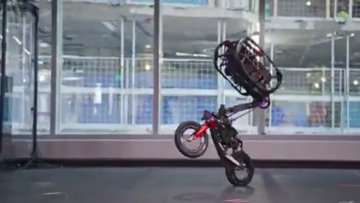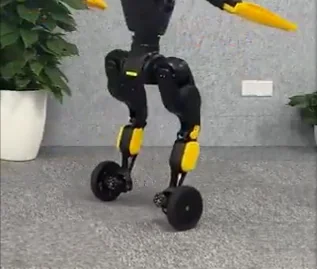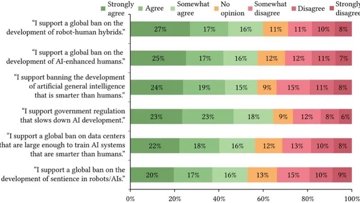At the European Robotics Forum (ERF2025), German State Secretary Udo Philipp delivered a nuanced message that could shape the continent’s technological future: “Europe should not be protectionist, but should not be naïve.” Speaking from his position at the Federal Ministry for Economic Affairs and Climate Action, Philipp advocated for a pragmatic middle path that maintains Europe’s tradition of openness to global innovation while safeguarding its strategic interests in the rapidly evolving robotics landscape.
The speech highlighted the critical importance of cross-border collaboration within Europe’s robotics ecosystem, calling for stronger partnerships between researchers, industry leaders, and government officials. This collaborative approach reflects a growing recognition that robotics technology represents more than just economic opportunity—it’s increasingly viewed as essential to technological sovereignty and manufacturing resilience across the European Union.
As global competition in advanced technologies intensifies, Philipp’s balanced perspective offers a framework for European policymakers navigating complex questions of international cooperation, domestic innovation, and strategic autonomy. The timing of these remarks is particularly significant as Europe works to position itself in an increasingly multipolar technological landscape where robotics capabilities could determine future economic competitiveness.













